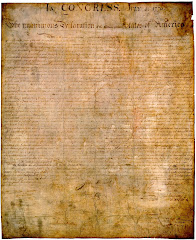 Alfred Kazin by Richard M. Cook
Alfred Kazin by Richard M. CookRichard M. Cook
Yale, 452pp, £25,
In a recent review of They Knew They Were Right, Jacob Heilbrunn’s book about the neo-conservatives, Mark Lilla began by asking:
How many of you are sick to death of hearing about City College in the 1930s, Alcove One and Alcove Two, the prima donnas at Partisan Review, who stopped speaking to whom at which cocktail party . . .
and a good deal more besides? Well, the answer is that some of us can’t get enough of the extraordinary story of the ‘New York intellectuals’, from Starting Out in the Thirties, the title of one of the books by that New York Jew — the title of another — Alfred Kazin. He was not only an excellent writer, as critic and memoirist; his life illustrates a number of salient themes in mid-20th-century American social as well as literary history.
Born in 1915 the son of semi-literate Yiddish-speaking immigrants, Kazin grew up in Brownsville, a quarter of Brooklyn then as Jewish as the Polish or Russian shtetls from which its inhabitants had fled. He went to City College, geographically not many blocks from Columbia on the Upper West Side of Manhattan but a world apart. Some of its alumni who would become famous, Nathan Glazer, Irving Howe and Bernard Malamud, remembered ‘CCNY’ with affection, but Kazin hated it. He was never as politicised as many of his contemporaries, and the radical atmosphere at the college, with those famous competitive Stalinist and Trotskyist alcoves in the cafeteria, seemed to him odiously ‘fanatical’, for him the harshest term of abuse.
On the other hand, he followed so many other children of the immigration when he chose English as his academic subject. The implications of this were obvious, in terms of the urge to assimilate: Kazin said that he fell in love with American literature because ‘this literature was mine — I felt a part of it and at home with it’. He made his name with On Native Grounds, his study of American writing from the late 19th century to the 1930s, published while he was still in his twenties, and he was unmistakably claiming a place for himself and those like him on those native grounds.
Read more...





